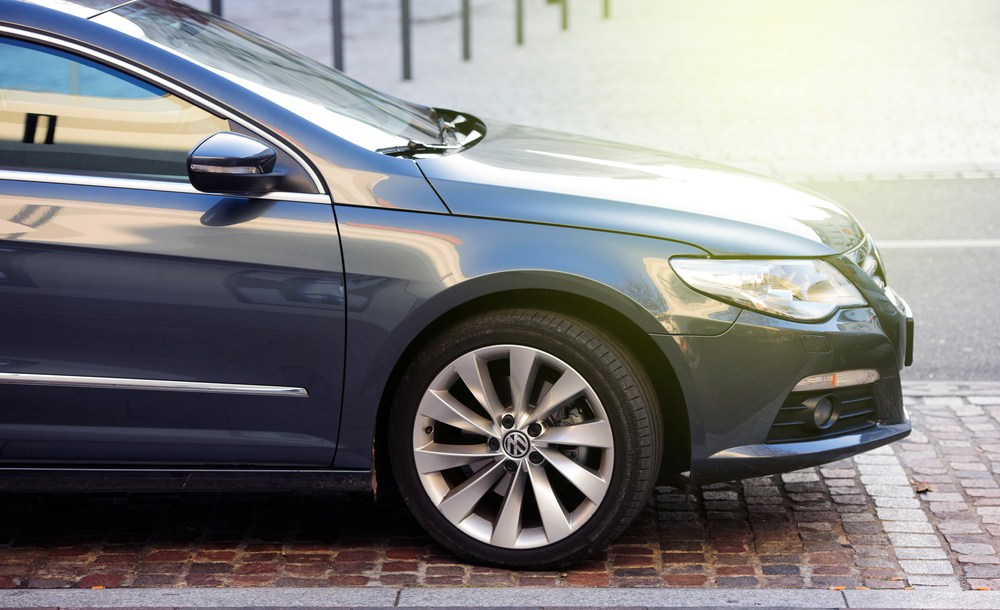Insurance
Common driving mistakes which could invalidate your insurance

From driving barefoot, eating at the wheel or offering to park someone else’s car, here are the common mistakes to avoid a fine and ensure you don’t invalidate your insurance.
Seven in 10 drivers admit flouting common policy rules which could expose them to a fine or voided car insurance in the case of an accident.
Two in five (43%) have eaten at the wheel while one in five have had a pet in the front seat.
One in six (16%) have driven in flip flops while 15% admit to having driven barefoot.
The research, according to pay-as-you-go insurer, Cuvva, means insurers have the right to void your policy if they discover any of these misdemeanours have been committed in the event of a crash.
And given the fact that the average claim pay-out in 2017 stood at a record high of £2,936, the consequences can be considerable.
UK drivers are also leaving themselves open to fines, with 12% admitting to parking someone else’s car without checking they’re insured, and one in 20 have borrowed a car without checking their insurance first.
When drivers were asked who would be penalised if they let someone else drive their car without correct insurance, two in five (43%) didn’t know the answer.
Cuvva’s research revealed men are more likely to borrow a car without checking the insurance covers them (6.8% to women’s 3.5%), while women are more likely to drive with a pet in the front seat (21% vs 14% for men).
Freddy Macnamara, CEO and founder of Cuvva, said: “The insurance industry needs to start educating drivers so that more people can avoid making common mistakes. Some of these slips-ups, such as offering to park a car for a friend, seem fairly innocent but can still be met with crippling fines and license penalty points.
“The problem is that insurance policies tend to be packed full of jargon and come with vast amounts of paperwork, which can cause drivers to disengage. The sector arguably needs to modernise in response to this, by going more digital. If insurance becomes more accessible and digestible, drivers will have a better chance of understanding and abiding by policies.”
